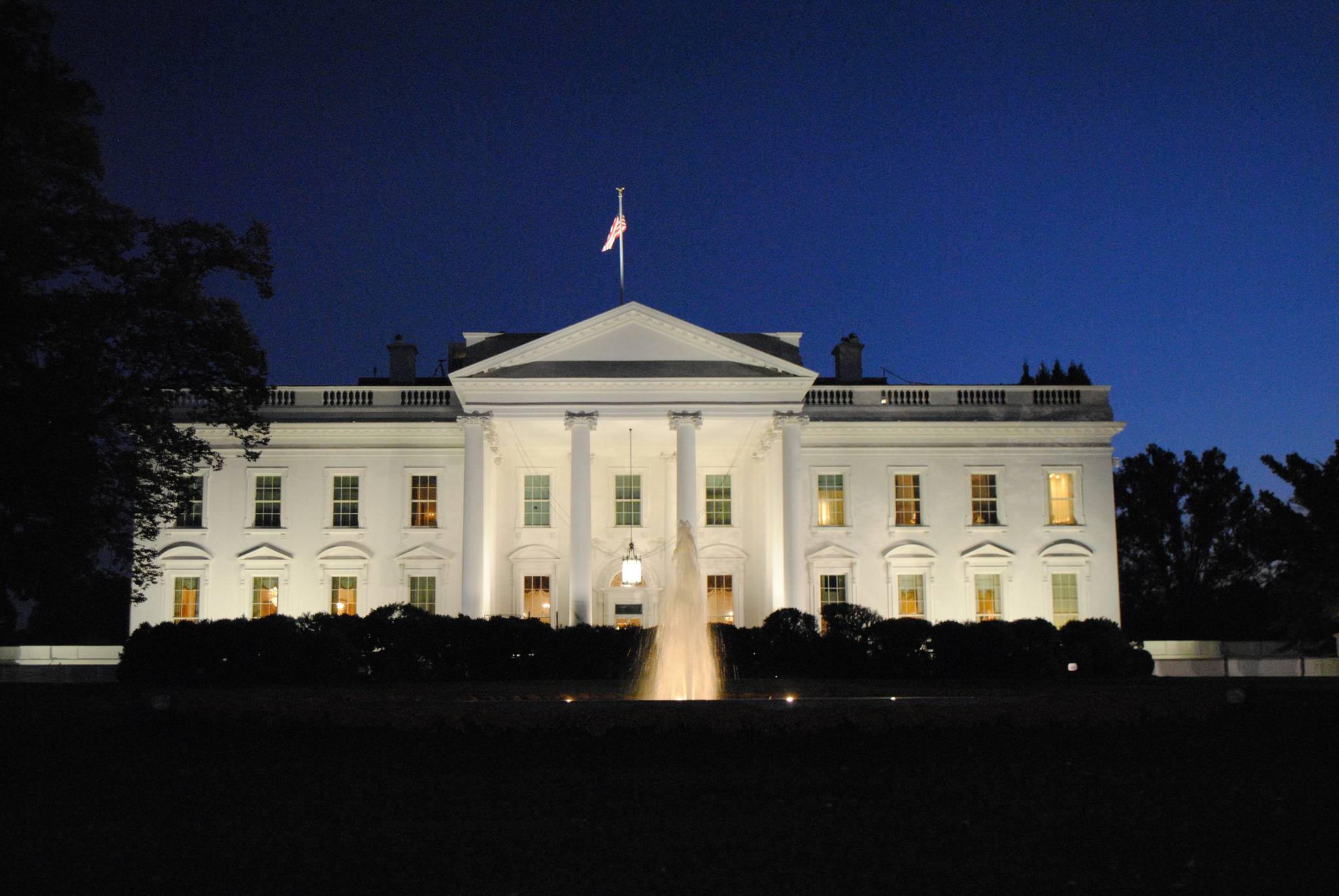By Rich Moniak
The American Rescue Plan Act will deliver a lot of much-needed money to Alaska. But Sen. Lisa Murkowski is right. It “went far beyond COVID-19 relief.” The additional spending should have been debated as separate legislation.
The bigger problem is that even in exchange for the “good, necessary things” she recognized in the ARP, Americans won’t be willing to pay the bill. That’s partly because for the better part of 40 years, Republican anti-tax religiosity has been taken by many as the permission slip to saddle future generations with the debts incurred on our behalf.
Among the unrelated items Murkowski didn’t like in the ARP is the $88 billion bailout of underfunded pension programs. It’s a serious problem. But even the editorial board at the Washington Post argued it should have been left out.
Provisions like that are known as riders. They’ve been around for a long time. It’s how the REAL ID Act became law. That died after passing the House in 2005. A Republican representative from Wisconsin then inserted it into a supplemental defense appropriation bill, which also included aid to countries impacted by tsunamis, earthquakes, and the Avian flu. Though much of the Senate was opposed to the REAL ID Act, it was unanimously passed as part of the whole defense package.
[Secretary Blinken, protect Alaska’s fisheries]
More recently, a measure that Murkowski attached to the Tax Cuts and Jobs Act of 2017 opened the Arctic National Wildlife Refuge to oil exploration.
From the title, one might believe that was related because it would create jobs. But jobs were little more than a talking point. Only 6% of businesses increased hiring while just 10% ramped up job creating investments. Not one major oil producer bid on the lease sales to drill in ANWR. And the tax cuts added to the national debt.
The Republicans couldn’t have passed it or drilling in ANWR without using the budget reconciliation process. That’s the same reason the Democrats in the majority now used it to pass the ARP. In both cases it was wrong.
Another item in ARP that Murkowski rightfully questioned was $122 billion for K-12 schools that must be spent in 18 months. Congress appropriated $68 billion for them last year, she argued, while only $5 billion has been spent to date.
On one side, it makes me wonder how Congress even arrived at the first figure. On the other, at least the schools aren’t wasting it just to get the money spent. Or spending it in other ways inconsistent with Congress’ intended purpose.
The Department of Defense has a notorious reputation for doing both.
In terms of taxpayer dollars going down the drain, DoD is easily the worst offender. A 2015 study by the Defense Business Board identified the potential for the department to reduce its waste by $125 billion over five years. But according to a Washington Post report based on interviews and confidential memos they obtained, Pentagon officials feared “Congress would use the findings as an excuse to slash the defense budget.” So the report was buried.
DoD is also the only federal agency that has failed to pass an audit required by the Government Management Reform Act signed into law more than two decades ago. It wasn’t until 2018 that their first one was even attempted. Sen. Charles Grassley, R- Iowa, said the DoD engaged in “26 years of hard-core foot-dragging.”
But in one of the few overwhelmingly bipartisan agreements on taxpayer spending, Congress continues to reward the military with increased funding and pay raises. And taken inexplicable actions like appropriating billions of dollars for more F-35 fighter jets than the DoD even requested.
Military spending is one of the elephants in the room. It’s widely supported by politicians and the public. Few are willing to criticize it. And nobody wants to pay for it.
And that last truth applies to the ARP.
“We shouldn’t unnecessarily burden our children and grandchildren with unnecessary debt,” Murkowski argued regarding the “extraneous items” in the bill. But because raising taxes is on the third rail of Republican ideology, she never mentioned how they’ll also be saddled with an enormous debt for the government giving aid to the American people and businesses right now.
Rich Moniak is a Juneau resident and retired civil engineer with more than 25 years of experience working in the public sector.

